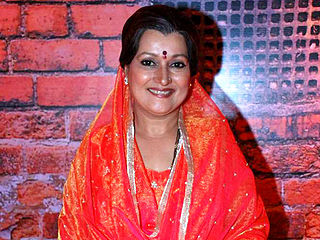A Quote by Steven Pressfield
The last element in drama is high stakes. War, of course, is life and death - survival, not only for the story's characters, but often for the society itself. That's why I'm drawn to stories that are built around wars, even if they're not technically "war stories."
Related Quotes
But, like all metaphoric wars, the copyright wars are not actual conflicts of survival. Or at least, they are not conflicts for survival of a people or a society, even if they are wars of survival for certain businesses or, more accurately, business models. Thus we must keep i mind the other values or objectives that might also be affected by this war. We must make sure this war doesn't cost more than it is worth. We must be sure it is winnable, or winnable at a price we're willing to pay.
We are shaped by stories from the first moments of life, and even before. Stories tell us who we are, why we are here, and what will become of us. Whenever humans try to make sense of their experience, they create a story, and we use those stories to answer all the big questions of life. The stories come from everywhere--from family, church, school, and the culture at large. They so surround and inhabit us that we often don't recognize that they are stories at all, breathing them in and out as a fish breathes water.
Humans like stories. Humans need stories. Stories are good. Stories work. Story clarifies and captures the essence of the human spirit. Story, in all its forms—of life, of love, of knowledge—has traced the upward surge of mankind. And story, you mark my words, will be with the last human to draw breath.
Is it not tragic, for example, that while in the last World War almost everyone believed it was the war to end all wars and wanted to make it so, now in this Second World War almost no writer that I have read dares even suggest that this is the war to end all wars, or act on that belief? We have lost the courage to hope.
One of the reasons it's important for me to write about war is I really think that the concept of war, the specifics of war, the nature of war, the ethical ambiguities of war, are introduced too late to children. I think they can hear them, understand them, know about them, at a much younger age without being scared to death by the stories.



































